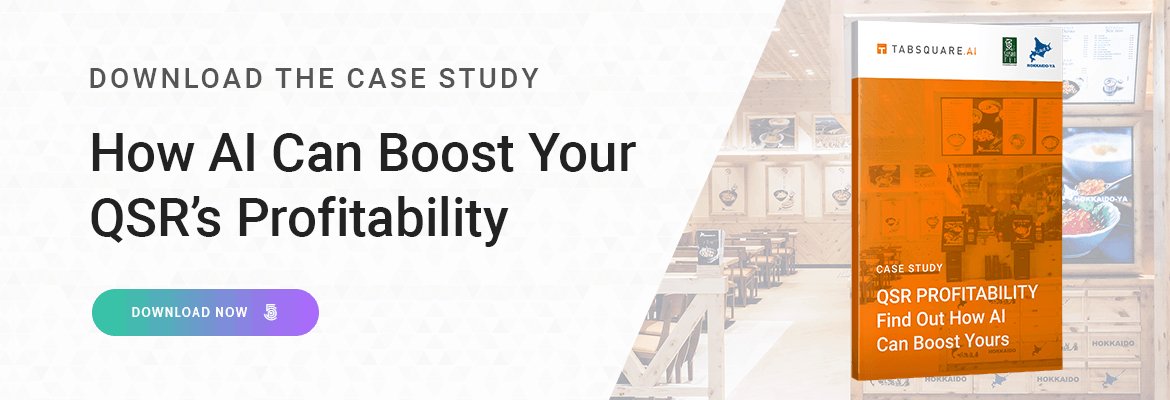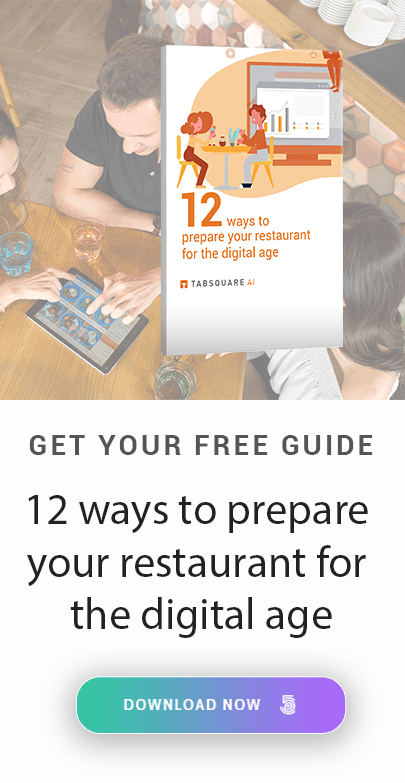Cloud computing has given us some tremendous benefits, including greater mobility and lower equipment costs. However, it also has one potential drawback: it’s reliant on an internet connection to operate. It’s one thing to temporarily lose access to your personal photos online, for example, but quite another if you’re a busy restaurant that needs connectivity to keep operating.
Because high-speed internet access is so cheap and ubiquitous, we've come to expect it. And this expectation has caused us to become reliant on it. Possibly due to lack of foresight, busyness or just plain laziness, many businesses are essentially crossing their fingers rather than planning ahead for if and when their internet lifeline goes down.
While it’s not that common in most first-world cities and towns, internet outages aren’t unknown in parts of Asia or Australia. When they do happen, however, users lose access to their applications, server, and data that are stored in the cloud. In short, when your internet connection is offline, you’re offline.
Technology vendor needs a backup plan
However, this vulnerability isn’t a good enough reason to avoid moving with the times and upgrading to a digital restaurant solution. The benefits of an integrated system outweigh any risks many times over.
So, it’s important to make sure that any technology vendor you engage has a backup solution that covers you for unlikely, but possible, internet outages.
Food and beverage software solutions company TabSquare has been in operation since 2012 and have been in on the ground floor of AI-driven cloud ordering platforms. They offer cutting-edge technology solutions that overcome many of the challenges faced by the industry, including a backup plan if internet connectivity is lost.
Through its AI engine, nicknamed Aiden, TabSquare helps drive restaurants’ profitability by creating seamless operations, saving labour costs, boosting average cover value, and speeding up table turns. Their solution is compatible with POS platforms and it works with existing payment systems to give F&B chains, bars, bistros, cafés, and full-service restaurants an edge in their highly competitive market.
Given their position in the market – and particularly with quick service restaurants (QSRs) – TabSquare understands there is no room for downtime. To provide customers with peace of mind, they have introduced five key offerings to make sure their hospitality industry clients can keep the lights on and their operation humming even if the internet goes down.
1. Offline mode
As the name suggests, this functionality allows restaurant operations to continue unaffected if internet connectivity is lost. This means that customers can still continue to order and use digital technology without interruption.
Despite the reassurance that offline mode offers, it is still usual for venues to continue to have printed menus in addition to digital SmartTabs, SmartKiosks and SmartWeb. For example, with SmartTabs, it is usual for a large group to have one or two tablets to share. Some diners will look at paper menus while waiting for others in the group to order, who then pass their tablet on to the next person.
2. LAN connection
TabSquare’s SmartKiosk is a popular self-ordering kiosk for venues. It uses AI to identify customers using facial recognition technology or phone number, then triggers personalised menu recommendations and allows them to order.
Anticipating the loss of internet connectivity to SmartKiosks at some point, the company has created redundancy through a local area network (LAN). This is a stable connection that remains unaffected by internet outages, meaning that orders can continue to go through to the POS system without interruption. This is a critical feature for busy venues that rely on their self-ordering kiosks to keep the flow of customers steady.
3. Risk assessment
As part of any implementation, TabSquare provides venues with an assessment of any risks related to internet connectivity, despite having robust fallback technology. This is so clients know what the risks are and how to overcome any potential problems.
When quoting, the TabSquare team will discuss and itemise any add-ons that a customer might want, such as lightning-proofing or other technologies that support business continuity.
Other recommendations include the positioning/placement of TabSquare’s technology solutions in the venue, as well as lighting, buzzers and additional signage to encourage customers to order via SmartKiosk using facial recognition. For SmartTab, the team recommends that restaurants have discreet signage on the tables encouraging diners to order using SmartTab.
4. Installation and training
Full installation and training are provided by the TabSquare team, including a session with one of their qualified engineers. They take a customer through the key operations step by step and provide them with contact details for any follow-up questions or assistance.
5. Remote and onsite support hotline
While many problems can be resolved remotely, TabSquare also offers venues onsite support for more complicated scenarios. In this case, the hotline team will visit a client’s premises and help with a system reboot and startup to make sure no sales are affected and no transactions are lost.
This is a unique TabSquare offering, which is available in Singapore and Australia from 10 am to 10 pm, 7 days a week. They are easily contactable and the hotline number is clearly visible on all non-customer facing equipment. Many other technology vendors will simply keep you waiting on the phone (often to an offshore call centre) before trying to talk you through the problem.
Find out how TabSquare’s cloud ordering platform can help your QSR
If you want to provide a seamless dining experience and keep your customers coming back, join other F&B businesses that are seeing significant benefits from the latest that technology has to offer. Download our case study to find out how.
.png)



